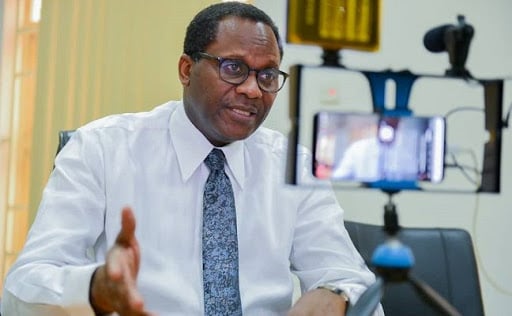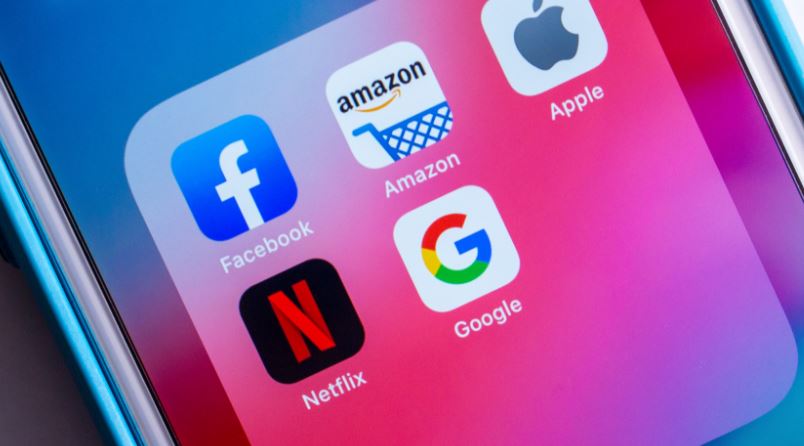Abubakar Suleiman, the managing director of Sterling Bank, says the COVID-19 pandemic has shown the need for other aspects of banking, asides payments, to be made digital.
Speaking with Ogechi Ekeanyawu on TheCable Live interview, Suleiman said banks witnessed enormous growth in online payments during the lockdown period.
Using his bank as an example, the MD said it added “well over a million additional payments” in the first month of the lockdown on one of its platforms.
“When you aggregate across all of our platforms, we added millions of additional payments and successful payments as well as new customers to these platforms. There is without doubt positive growth in payments,” Suleiman said.
Advertisement
“Beyond payments, you have to really think about how the other aspect of banking can also become digital because it’s not enough for you to do all of your payments online.
“And then when you need a card or physical access to credit, you don’t have to go into the branch. Or when you need to access credit, you go to the bank.”
He said his bank is already thinking beyond digital payments and building products like Specta and Doubble that allows customers access loans and invest from the comfort of their homes.
Advertisement
Speaking on the challenges faced by banks during the pandemic, the banker said there were challenges with keeping automated teller machines (ATM) running and opening branches because of the movement restrictions.
“However, if you were not looking to access cash, it was quite easy for you to transact, pay your bills by airtime and through other digital means,” he said.
Suleiman said the impact of the pandemic could not yet be fully ascertained because the lockdown had “long-lasting effects” on the banking sector.
He further said that access to retail credit was difficult for banks, however, Sterling Bank was prepared.
Advertisement
‘LESSONS FROM 2015 NOT LOST’
Suleiman said the country’s economy was in better financial shape when the pandemic hit compared to its state when crude oil prices tanked in 2015.
“If we look at the numbers, the states are in a much better financial health than they were in 2015,” he said.
“States are not owing salaries as they did in 2015. Not all the lessons from 2015 were lost and they have helped to cope with this pandemic.”
Advertisement
Add a comment






